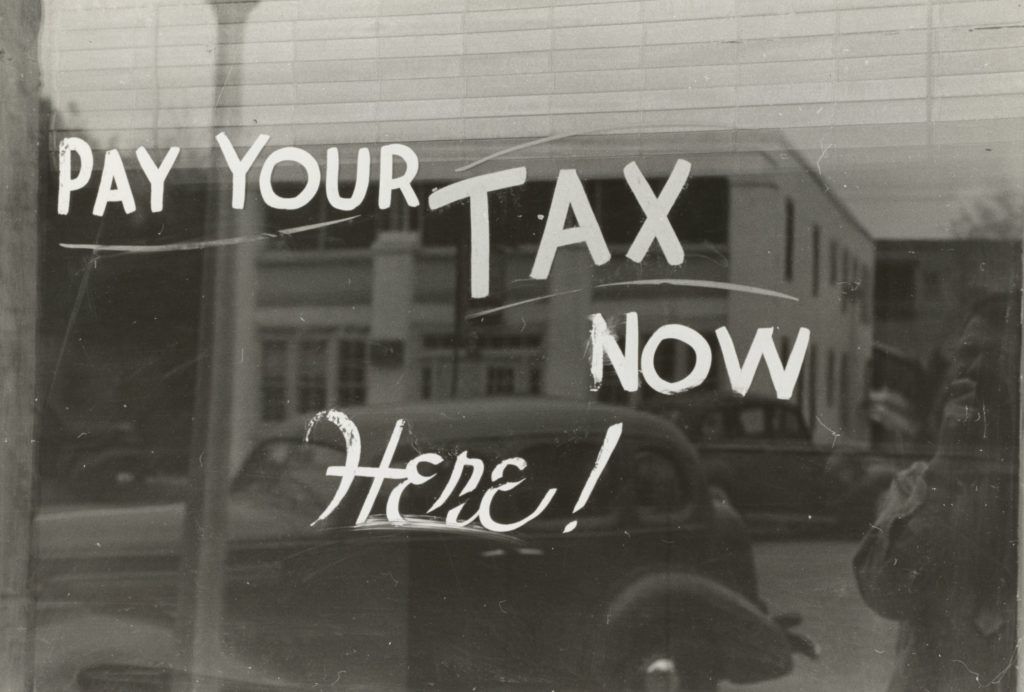DOWNLOAD The Auction Profit Blueprint
The 4 tools BIG organizations use every time to skyrocket auction profits!
The Step-By-Step Guide to stop leaving thousands on the table.
Learn whether silent auction items are tax deductible for the winners. CharityAuctionsToday can help you understand the ins and outs of auction tax deductions.

Silent auctions are a popular way to raise funds for charities. They involve bidding on items, often donated, in a quiet manner, either in writing or on mobile devices.
But have you ever wondered about the tax implications of these items? Specifically, are silent auction items tax deductible?
This question is not as straightforward as it may seem. The answer depends on various factors, including your role in the auction.
In this article, we will delve into the complexities of silent auction tax deductions. We aim to provide clear, accurate, and helpful information on this topic.
Whether you’re a donor, a winner, or a nonprofit organization, this guide will help you navigate the tax landscape of silent auctions.
So, let’s get started and unravel the mystery of silent auction tax deductions.
Silent auctions are fundraising events where items are bid on in writing. The highest bidder wins the item.
These items can be anything from artwork to vacation packages. They are often donated by individuals or businesses to support the cause.
But what about the tax implications of these items? Can they be considered as tax write-offs?
The answer is, it depends. The tax deductibility of silent auction items is governed by specific IRS rules. Here are some key points to consider:
A tax-deductible contribution is a donation that can be subtracted from your taxable income. This can reduce your tax liability.
However, not all contributions to charity are tax-deductible. The IRS has specific guidelines on what qualifies as a deductible contribution.
In the context of silent auctions, both the donation of items and the purchase of items can potentially qualify as tax-deductible contributions.
The IRS has set criteria for contributions to qualify as tax deductions. First, the contribution must be made to a qualified organization.
Second, the donor must be able to itemize deductions on their tax return.
Lastly, the donor must meet record-keeping requirements. This includes obtaining a written acknowledgment from the charity for any contribution of $250 or more.
If you’re donating an item to a silent auction, you may be able to claim a tax deduction. The deduction is generally equal to the amount you paid for the item.
However, there are some exceptions. For instance, if you created the item yourself, the deduction is limited to the cost of materials used.
Here are some key points for donors:
The FMV is the price that the item would sell for on the open market. It’s not always easy to determine, especially for unique items.
In such cases, a professional appraisal may be needed. The IRS provides guidelines on how to determine the FMV in its Publication 561.
Remember, overvaluing items for tax deductions can lead to penalties.
Keeping accurate records is crucial for claiming tax deductions. For each donated item, you should have a receipt from the charity, and from when you purchased the item.
The receipt should include details of the donation, such as the date and description of the item.
For donations valued at over $500, you’ll need to fill out Form 8283 and attach it to your tax return.
If you’re the winning bidder at a silent auction, you might wonder if your purchase is tax-deductible. The answer is not straightforward.
In general, if you pay more than the fair market value (FMV) for an item, the excess amount can be considered a charitable donation. However, this only applies if the item was bought from a qualified organization.
It’s important to note that you must itemize your deductions on your tax return to claim this benefit.
When your bid exceeds the FMV of an item, the excess amount is considered a charitable contribution. This is because you’ve essentially made a donation to the charity.
However, you must have a written acknowledgment from the charity that states the FMV of the item. The acknowledgment should also state that the excess amount was a donation.
Remember, it’s crucial to keep this acknowledgment as proof of your donation when claiming a tax deduction.
While silent auction tax deductions can be beneficial, there are limitations. The IRS has set thresholds for charitable deductions.
For instance, you can only deduct donations up to 60% of your adjusted gross income (AGI). If your donations exceed this limit, you may carry over the excess to the next tax year.
In the context of silent auctions, a quid pro quo contribution occurs when you receive goods or services in exchange for your donation. The IRS requires that only the amount that exceeds the fair market value of the benefit received can be deducted.
For example, if you bid $500 on a silent auction item with a FMV of $300, you can only deduct $200.
This is why it’s crucial to understand the FMV of the items you’re bidding on. It helps you determine the potential tax deduction you can claim.
Tax laws are subject to change, and these changes can impact your ability to claim silent auction tax deductions. For instance, the Tax Cuts and Jobs Act of 2017 increased the limit for cash contributions from 50% to 60% of AGI.
However, it also doubled the standard deduction, making it less beneficial for some people to itemize deductions.
Staying updated on these changes is crucial. It ensures you’re maximizing your tax benefits while staying compliant with the law.
Participating in silent auctions can be a rewarding experience. Not only do you get the chance to support a good cause, but you may also benefit from tax deductions.
However, it’s crucial to understand the IRS rules and regulations surrounding these deductions. Proper documentation, accurate valuation of items, and understanding the concept of quid pro quo contributions are all key to maximizing your tax benefits.
Remember, when in doubt, consult with a tax professional. They can provide guidance tailored to your specific situation, ensuring you stay compliant while reaping the benefits of your charitable contributions.
DOWNLOAD The Auction Profit Blueprint
The 4 tools BIG organizations use every time to skyrocket auction profits!
The Step-By-Step Guide to stop leaving thousands on the table.

